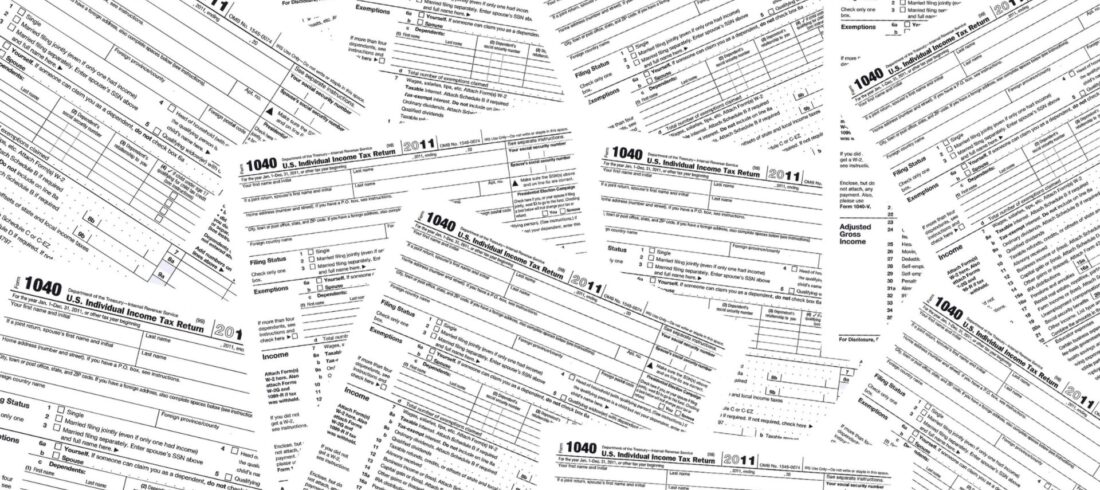TJ writes: “I got behind on my taxes in 1995 and 1996. I have just received a letter from IRS. They want me to pay $68,007 for 1995 and $4351 for 1996. There is no way I can come up with that kind of money. A friend told me there is supposed to be a three year statute of limitations, so how can IRS come after me ten years later?”
As many a business owner has discovered, it is much easier to get behind on taxes when no one is withholding pay-as-you-go installments out of each paycheck. You go through the year feeling as if you’re doing pretty well; the following April you get hit by a tax bill equal to something like 100% of your year-to-date net income, and you face a choice: you can eat and make your house payment, or you can pay the taxes; but not both. It’s amazing how often this sort of thing happens, sometimes even to people who’ve been in business for years. Generally, the mortgage lenders and grocery stores win out over the U.S. Treasury, and the tax bill sits there and grows. TJ, you’re not alone.
As with most tax questions, there is no one simple, direct answer. The three year period your friend mentioned sets a limit on the length of time IRS has to challenge the amounts you report on your tax return. The clock starts running on the day the tax return is due, or the day it is filed, whichever comes later. This is how long you need to keep receipts, bank statements, and so forth, to support the amounts shown on your return. If you never filed a tax return at all, the statute of limitations would never kick in, so IRS would theoretically has an unlimited amount of time to assess your taxes.
There is a different set of rules for limitations on the length of time IRS has to collect taxes once they are assessed, and this explains why IRS can still demand payment of 1995 and 1996 taxes. You did not mention when you filed your returns for those years, but assuming you filed both returns on time, the statutory period for collections would have expired for your 1995 taxes in April of this year, and IRS would still have almost six months to go for the 1996 taxes. Does this means you can breathe a sigh of relief and forget about the $68,007? Maybe. Maybe not.
A number of events can extend the period for collections. The most common are bankruptcy and Offers in Compromise.













